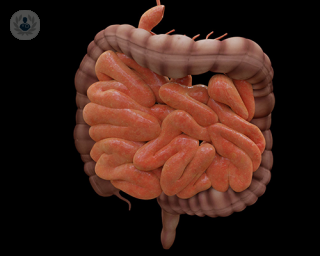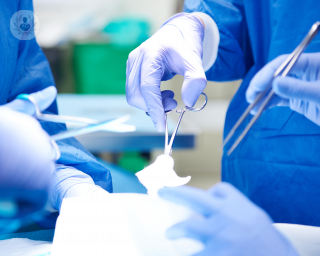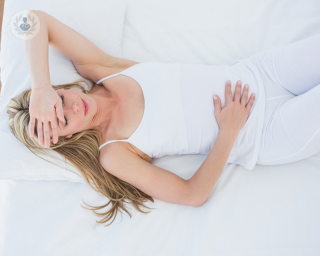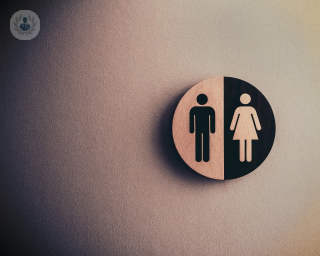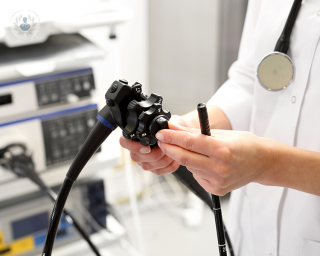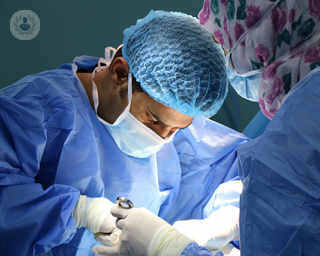
By Mr David McArthur
16.01.20
Colorectal surgery
Haemorrhoids: top lifestyle changes and home remedies
Although haemorrhoids (piles) can be painful and unpleasant, there are many effective ways of treating and preventing them. Usually, they get better on their own but there are occasions where patients need hospital treatment. We spoke with the founder of the Birmingham Haemorrhoid Clinic and general and colorectal surgeon Mr David McArthur. He shared with us some lifestyle changes and home remedies that can reduce symptoms.

